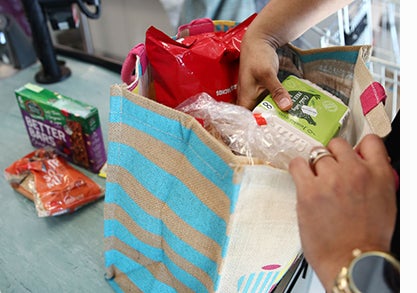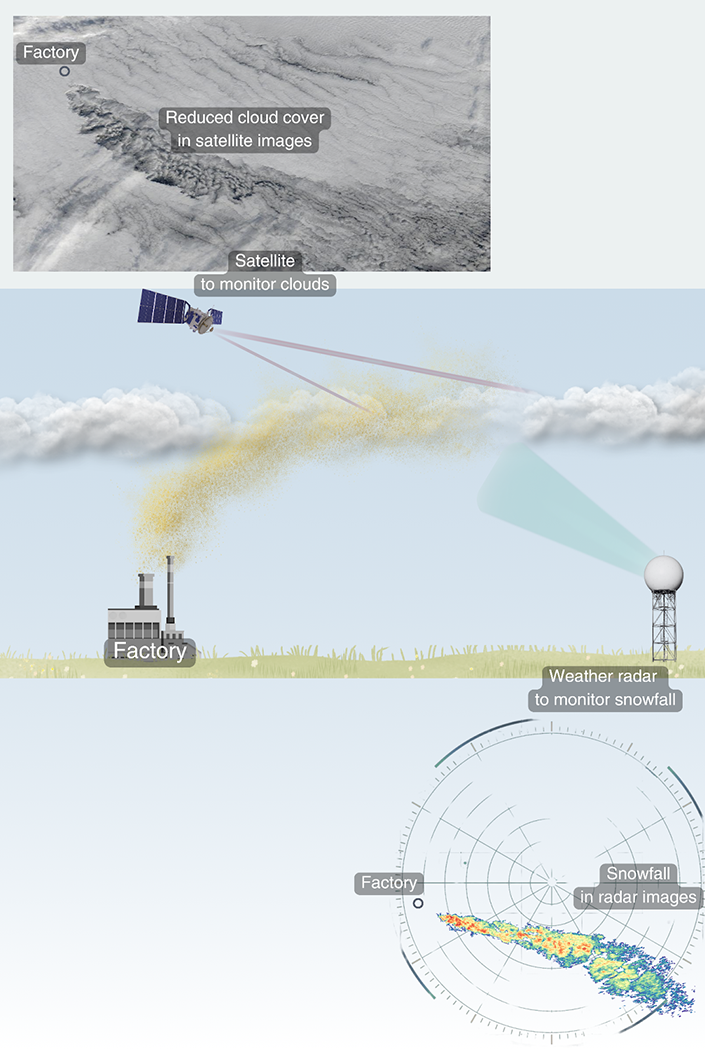2024-11-15 カリフォルニア大学リバーサイド校(UCR)

Bans on free plastic bags for groceries are designed to encourage use of reusable canvas or burlap bags which reduce plastic waste in the environment. (Photo by Fiona Goodall/Getty Images)
<関連情報>
- https://news.ucr.edu/articles/2024/11/15/plastic-bag-bans-have-lingering-impacts-even-after-repeals
- https://journals.sagepub.com/doi/abs/10.1177/00222437241290157
EXPRESS: 政策撤廃後、状況は悪化するのか? 2つのグリーン政策からの証拠 EXPRESS: Are We Worse off after Policy Repeals? Evidence from Two Green Policies
Dinesh Puranam puranam@marshall.usc.edu, Sungjin Kim, […], and Hai Che
Journal of Marketing Research Published:September 29, 2024
DOI:https://doi.org/10.1177/00222437241290157
Abstract
Implementation of public policies sometimes results in spillover effects on non-targeted outcomes. When policymakers repeal these policies due to industry pressure and community resistance, do the spillover effects from the policy persist after a repeal? Specifically, we ask (1) whether these spillovers induced by policy, when present, carry on after a repeal, i.e., become “carryovers,” (2) how do these carryovers evolve over the short and medium term, and (3) what benefit thresholds must the policy meet to offset spillovers during implementation and carryovers after repeal? To address these questions, we examine two pro-environment or green policies that were later repealed: a ban on single-use plastic grocery bags and the imposition of a fee. We find that the increase in trash bag sales, which began during policy implementation, persisted for several months after repeal. A break-even analysis suggests that the net effect on plastic bag savings is likely positive even after repeal. Only modest reductions in grocery bag use would be needed to break even, suggesting a favorable outcome for the environment. This study alerts policymakers and firms to potential carryovers from policy repeals that can persist well after a repeal.



